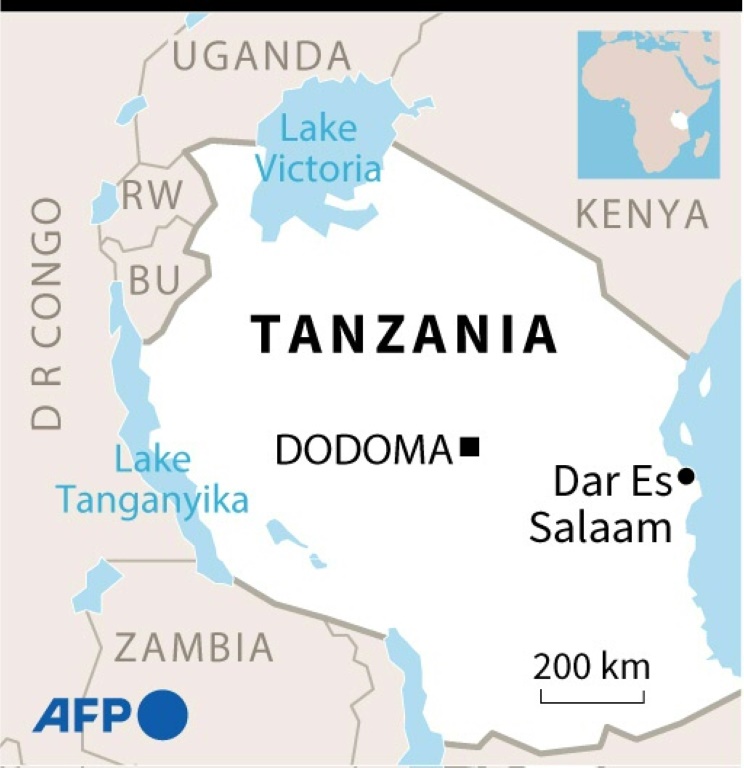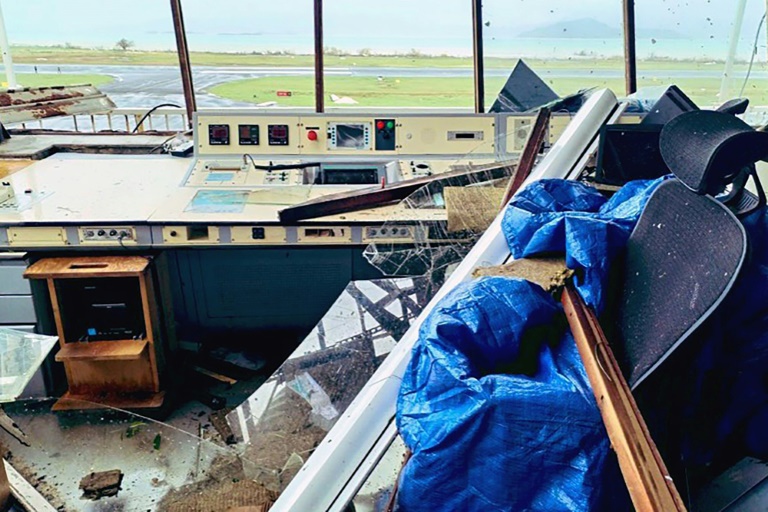Twenty-two people have lost their lives following a landslide at a mine in northern Tanzania, officials said on Sunday.
The accident occurred in Simuyu region’s Bariadi district, more than 500 kilometres (300 miles) north of the capital, Dodoma, burying the miners under heavy debris.
“As we close the rescue operations, the death toll remains 22, all men,” Faustine Mtitu, acting commander for the region’s fire and rescue force, told reporters on Sunday.
“We are convinced that there are no more bodies trapped in the rubble,” he said, adding that safety procedures had not been followed at the mine.
President Samia Suluhu Hassan expressed her “great sadness” over the accident, paying tribute to the victims on Sunday.
“These fellow Tanzanians were small miners in the area, trying to earn a living for themselves, their families and contributing to the development of our nation,” she said in a post on X.
It was unclear when the landslide occurred and officials did not provide details on the cause of the accident.
Tanzania is the fourth-largest African producer of gold, one of the East African nation’s main sources of foreign currency.
Mining accidents are not uncommon, with miners often lacking the tools and materials considered necessary to operate safely.
In January 2017, 15 miners were saved after being stuck underground for at least two days when their makeshift gold mine collapsed.
In November 2015, five miners were found alive after spending 41 days 100 metres underground, eating cockroaches and frogs to survive.
They were trapped when a shaft they were working on collapsed near the town of Shinyanga in the northwest.
In July 1997, more than 100 miners were buried alive when the roof of a gold mine collapsed in the northwestern Kagera region.
Authorities suspected the collapse may have been caused by congestion after scores of miners entered the pit.
Tanzania and its East African neighbours Kenya, Somalia and Ethiopia have all been facing torrential rains linked to the El Nino weather pattern.
Seventy-six people were killed in landslides last month in the hillside town of Katesh in northern Tanzania.
The downpours last month also displaced 5,600 people and destroyed infrastructure in many parts of the country, forcing Hassan to cut short her participation in the COP28 climate talks in Dubai to deal with the disaster.
During a visit to Katesh last month, Hassan said the landslides were “a wake-up call for the government to make necessary preparedness to detect the signs and alert people in advance so that we avoid serious effect like this”.





![Anthony ‘Big Jook’ Mims: Rapper Yo Gotti’s Brother Shot Dead Outside Memphis Restaurant after Making Eerie Final Instagram Post [GRAPHIC]](https://data.ibtimes.sg/en/full/72306/big-jook-his-brother-yo-gotti.jpg)

